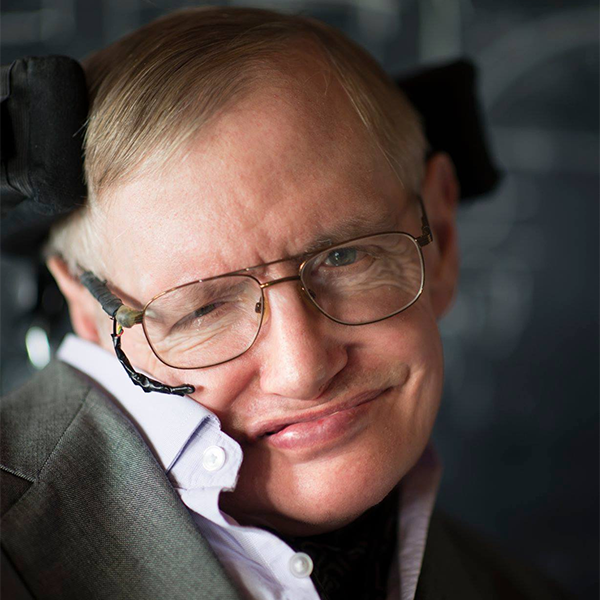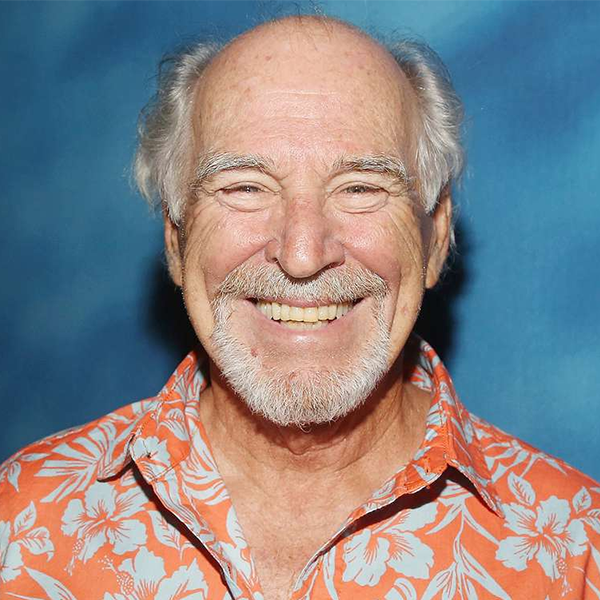Albert Einstein, one of the most celebrated physicists in history, profoundly changed the way we understand the universe with his theory of relativity. Born in 1879 in the Kingdom of Württemberg in the German Empire, Einstein's contributions to science include the famous equation E=mc^2, which has implications that extend from atomic energy to the cosmological theories of the Big Bang and black holes. His intellectual achievements and originality earned him the Nobel Prize in Physics in 1921, primarily for his explanation of the photoelectric effect, a pivotal step in the development of quantum theory.
❝Reading after a certain age diverts the mind too much from its creative pursuits. Any man who reads too much and uses his own brain too little falls into lazy habits of thinking.❞ — Albert Einstein
Einstein was also an avid reader from a young age, with interests that ranged broadly from philosophy to physics. He was deeply influenced by works in various fields and often credited reading not only for enhancing his knowledge but also for inspiring his theoretical insights. Einstein's eclectic reading habits included the works of philosophers like Kant and Schopenhauer, which helped shape his thoughts about the interplay between philosophy and science. His appreciation for literature also influenced his creative scientific thinking, demonstrating the breadth of his intellectual pursuits beyond the confines of mathematics and physics.

























